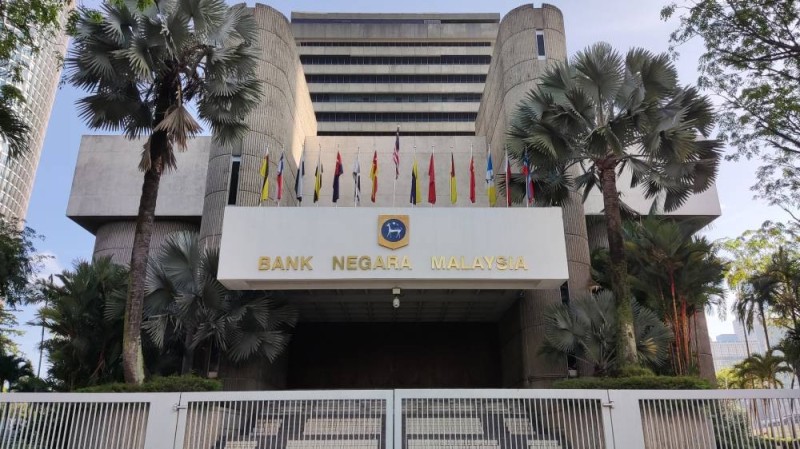
PETALING JAYA: Amid global uncertainty, Bank Negara’s rate cut provides SMEs a crucial boost, prompting better cash flow management and emergency fund planning, says an industry leader group.
SME Association of Malaysia president Dr Chin Chee Seong said the revision is “timely” and is expected to stimulate the economy by boosting domestic demand.
“While economic indicators suggest growth, the reality on the ground often tells a different story.
“The reduction in the Overnight Policy Rate (OPR) is a positive development that SMEs are beginning to see,” he said in an interview yesterday.
Chin said the drop in borrowing costs can significantly improve cash flow for businesses reliant on loans.
“Although the amount may not be substantial, it provides a critical buffer for SMEs, which are the backbone of our economy,” he said.
“We learned during the Covid-19 pandemic the importance of maintaining cash flow.”
According to Financial Planning Association of Malaysia president Alex Tan, the rate cut could be good news for SMEs with cash flow problems.
“For business owners with variable-rate term loans, every RM100,000 of borrowing saves them roughly RM12-RM13 monthly. This might seem small, but it can add up and provide breathing room for SMEs managing tight cash flows,” he said.
Businesses, he said, should consider using these savings to reinvest in growth, build a financial buffer or pare down other debts.
“This strategic use of extra cash flow can enhance long-term stability and resilience against economic fluctuations,” he added.
Chin, however, cautioned that other rising costs, such as the expanded Sales and Service Tax (SST), higher rental and leasing rates and soaring logistics costs, continue to challenge SMEs, particularly those in the retail, food and beverage, and logistics sectors.
“Despite the interest rate cut, many SMEs face persistent challenges. It’s crucial for SMEs to create emergency funds to withstand economic fluctuations and sudden cost increases,” he said.
Highlighting the importance of financial education for SMEs, he said many are still recovering from past economic shocks and operate on tight margins.
“Ongoing education is necessary. SMEs need to maintain reserves that can sustain operations for at least three to eight months, ideally six to 12 months, to withstand economic impacts or sales fluctuations,” he said.
In light of global economic uncertainty, Chin called on SMEs to prepare for the expanded SST and prioritise building emergency funds.
“With the OPR reduction, it’s important for SMEs to plan and focus on reserving cash flow and becoming more resilient to economic changes,” he said.
Source: https://www.thestar.com.my/news/nation/2025/07/31/good-news-for-smes-with-cash-flow-problems

